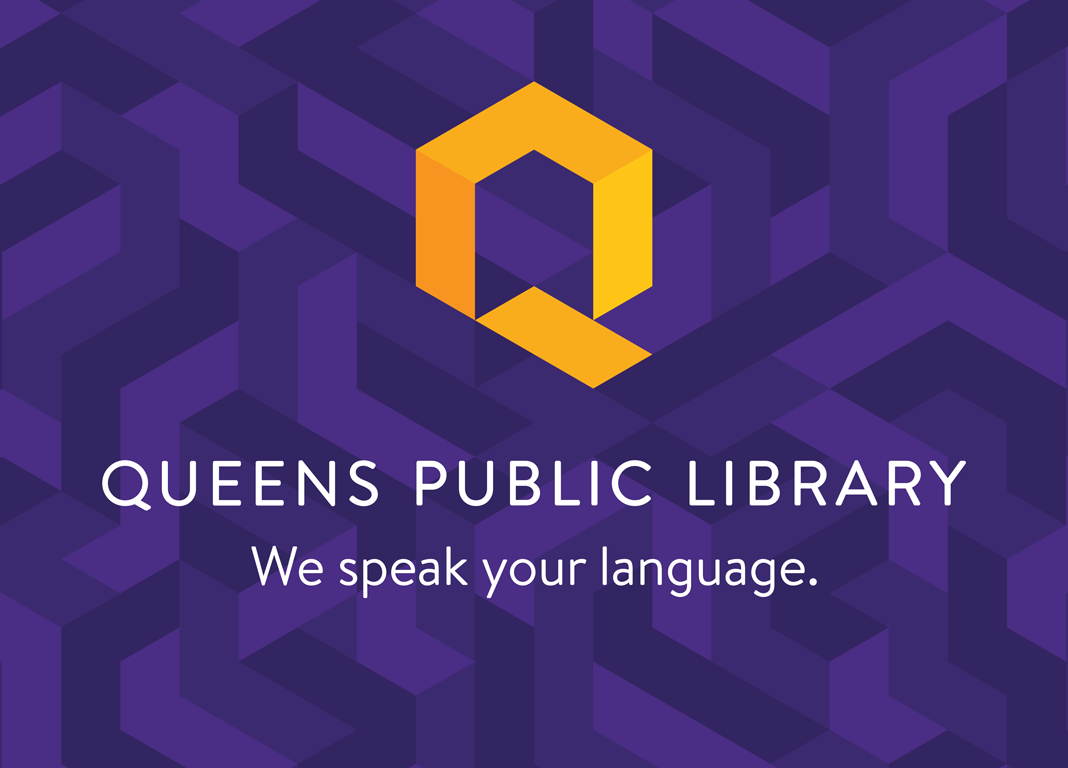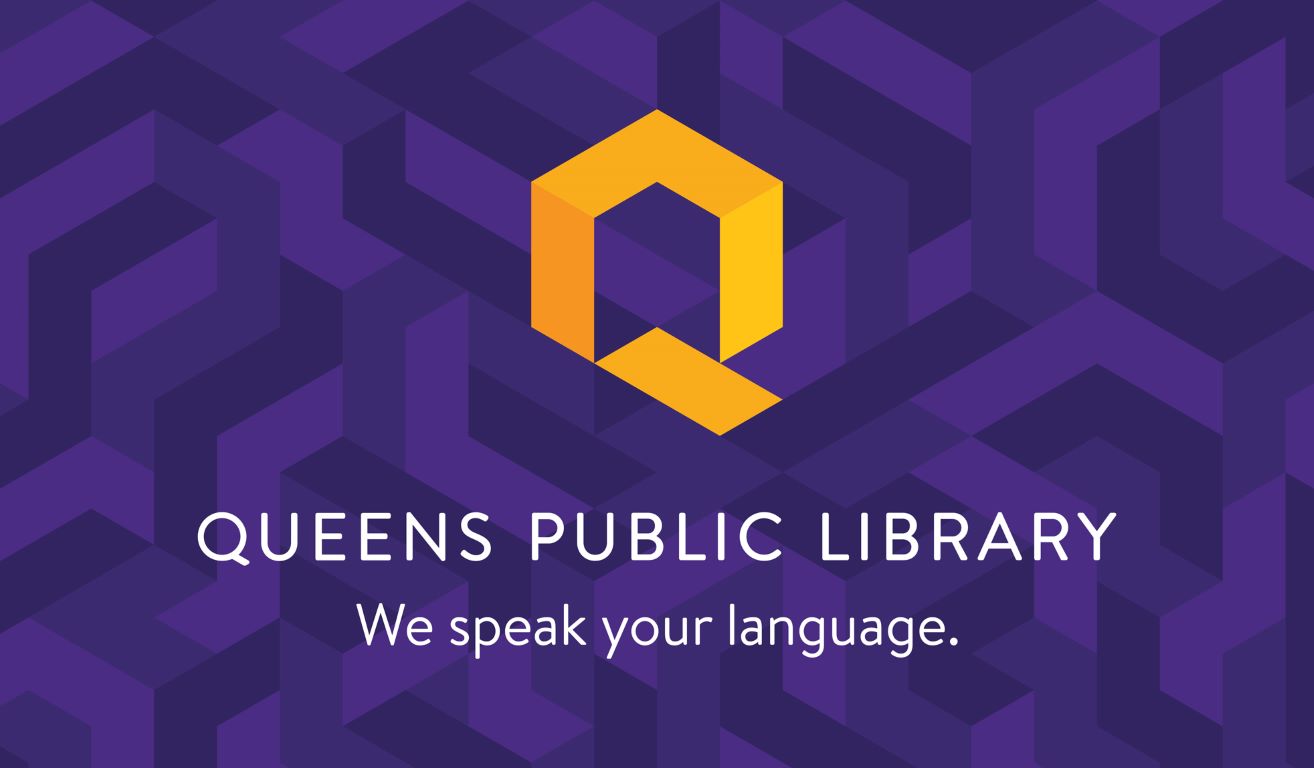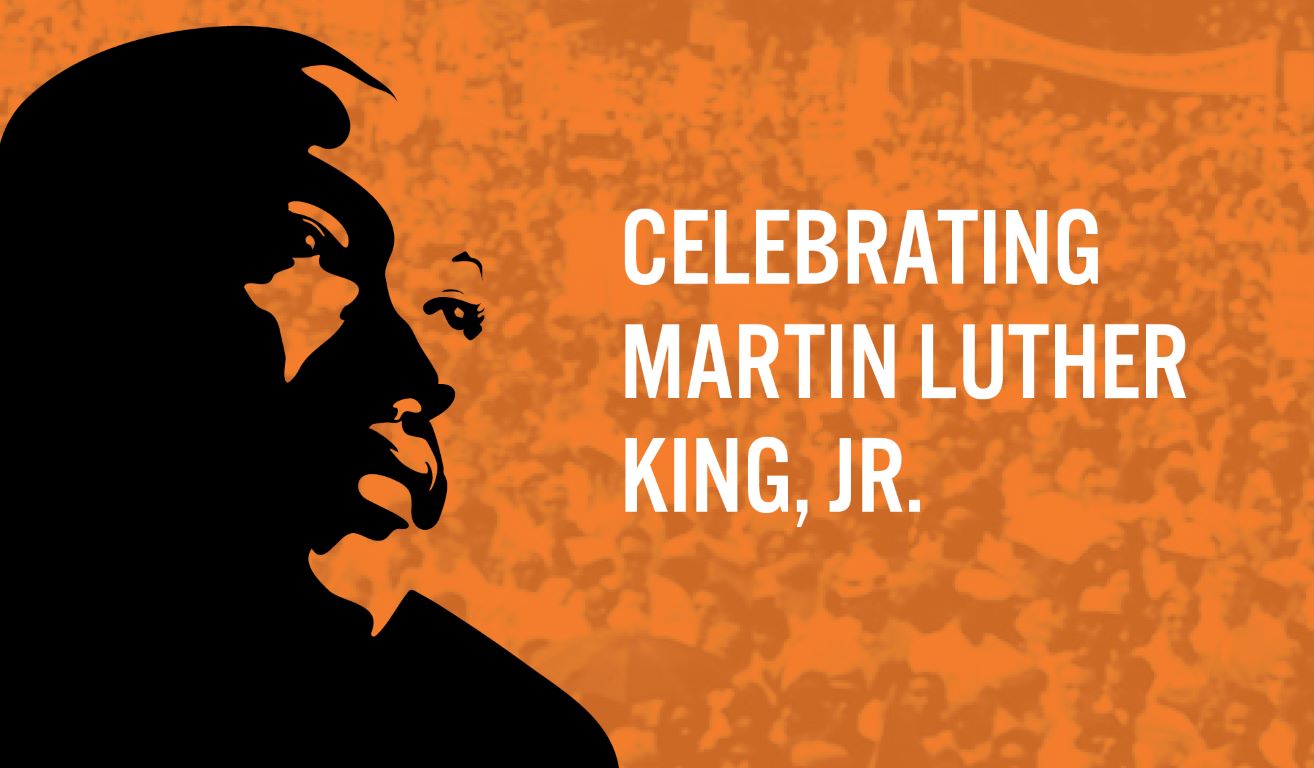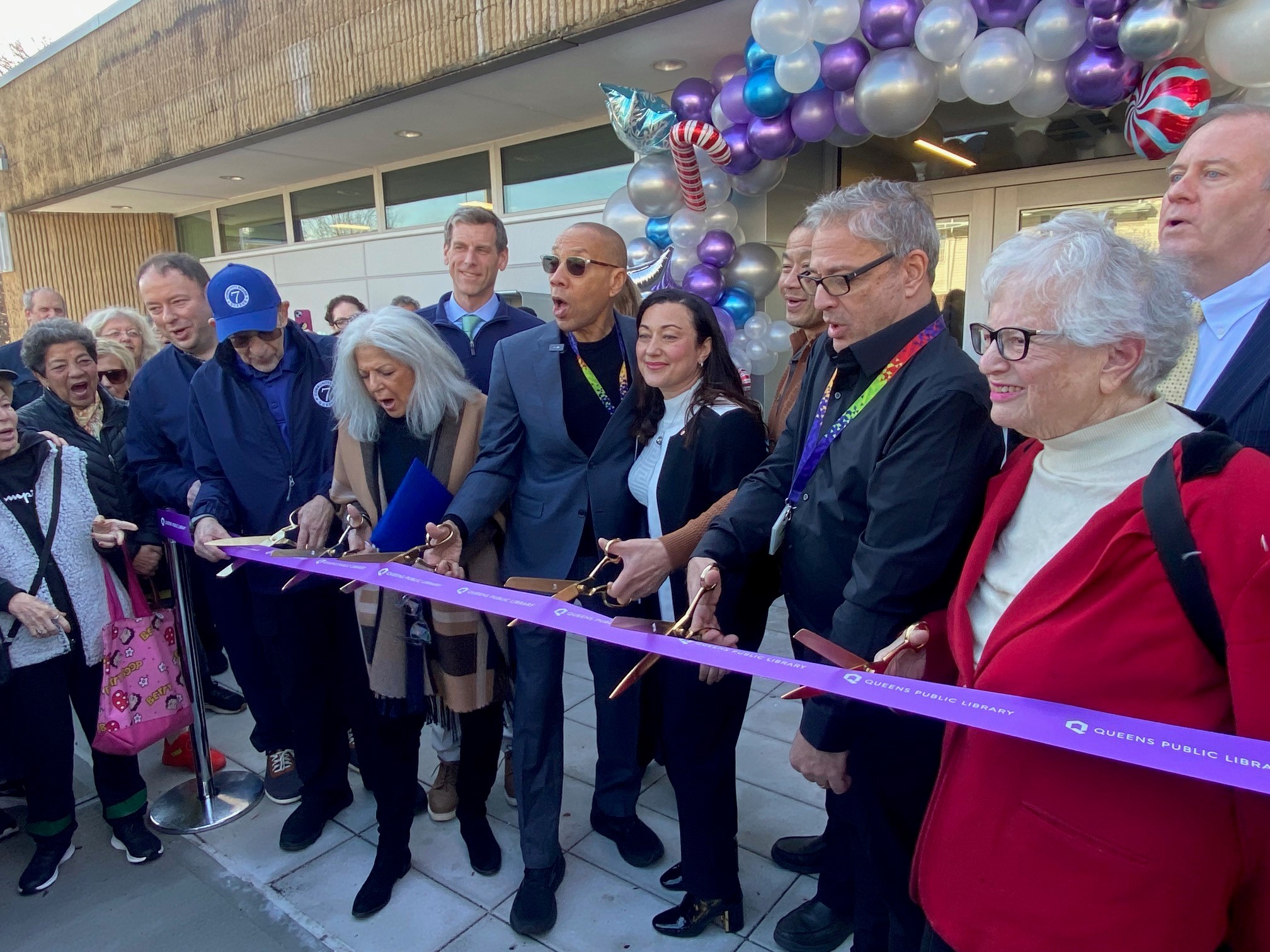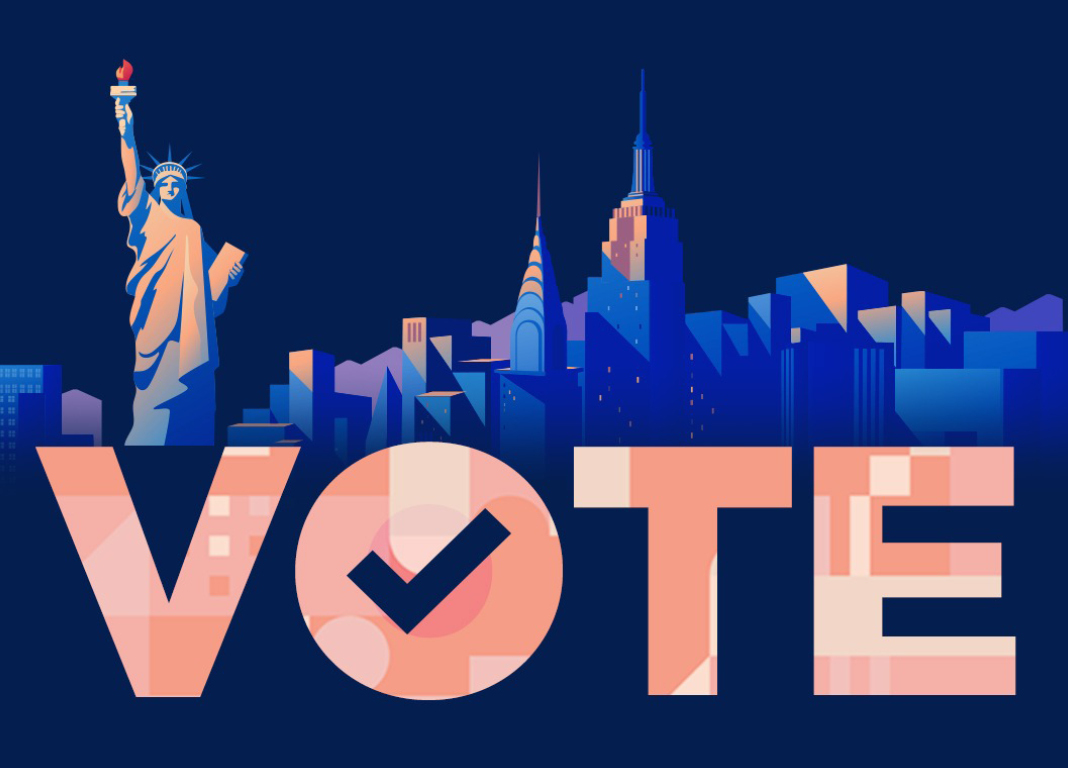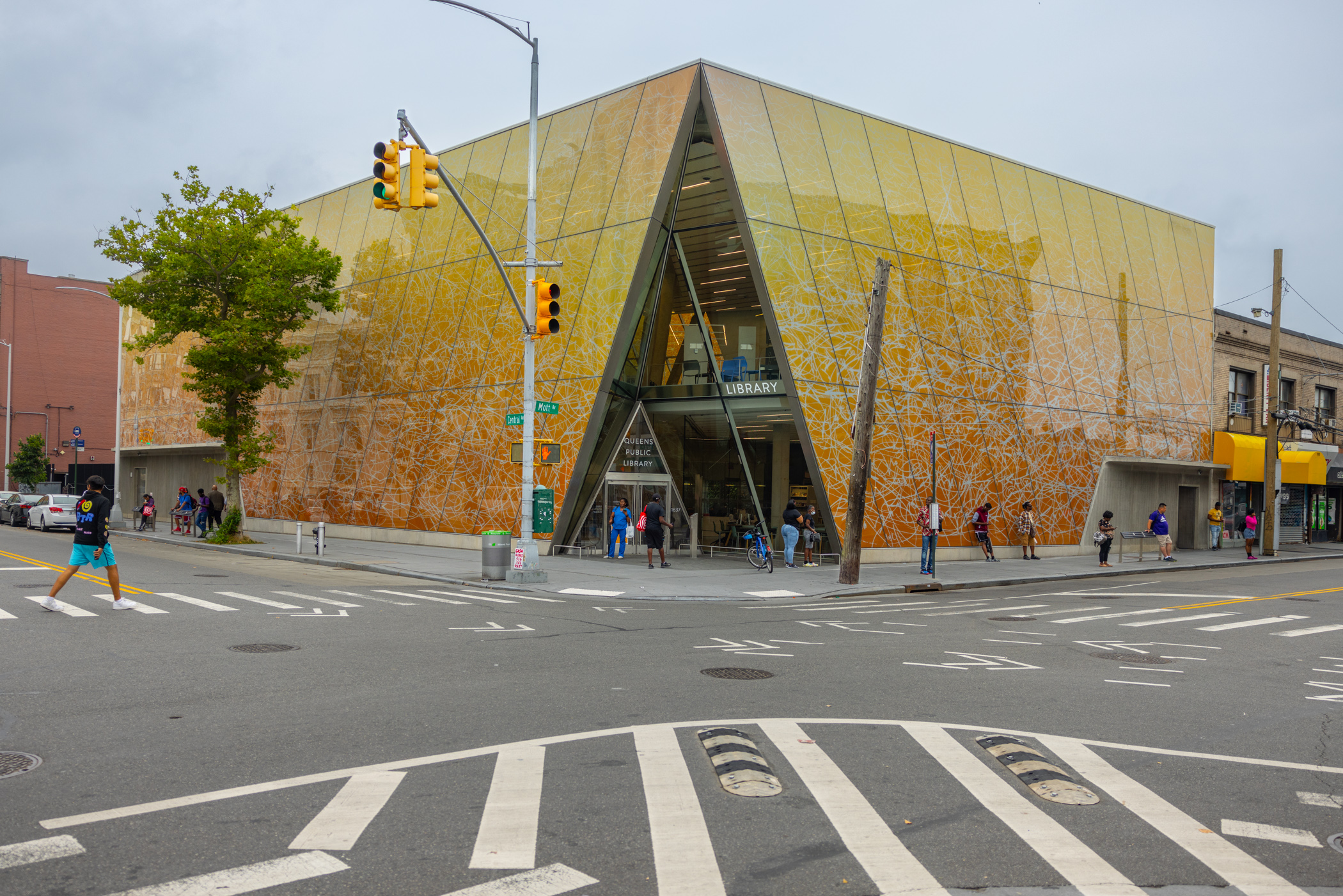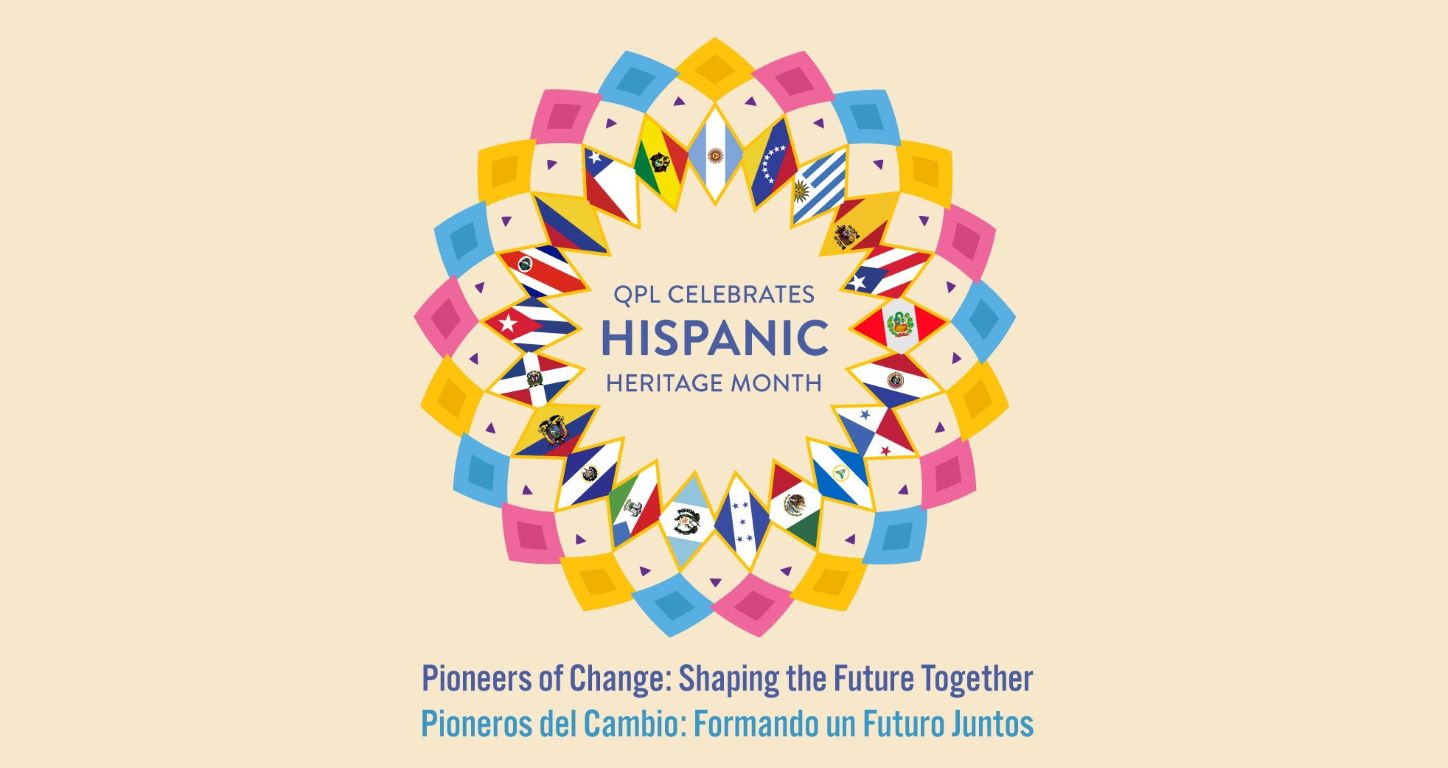Dear Queens Public Library Community:
Before this consequential year comes to a close, I wanted to take the time to reflect on the remarkable things Queens Public Library achieved with the efforts and support of so many, even in the face of tremendous challenges and loss brought on by a global pandemic and the national reckoning on Black racism.
We started 2020 strong, gearing up for a first-ever joint campaign with the Brooklyn and New York public libraries and the City to encourage the millions of people who come through our doors to fill out the decennial census. The Caribbean Arts Festival wound down with a joyful closing ceremony at South Hollis in mid-January that drew nearly 400 people who celebrated the talents and contributions of local artists whose work adorned the walls of several of our branches. In another first, we launched a pilot program at Far Rockaway in partnership with the American Heart Association through which customers could safely borrow a blood pressure cuff.
Our work in connecting the people of Queens to vital resources and meeting their needs did not go unnoticed. Our Outreach Team in early January earned a “Beyond Housing Award” from the Institute for Children, Poverty and Homelessness for deploying our mobile libraries and staff to deliver resources directly to families experiencing homelessness. At the end of January, members of our staff honored our Asian communities, braving the rain to march in the Queens Lunar New Year parade and hosting related events and activities across the borough.
In February, the Library turned its attention towards its annual observance of Black History Month with “Go Far, Go Together,” a system-wide program that focused on African-American trailblazers, cultural icons and civic leaders through a variety of programs, performances and displays. We also worked to nurture the skills of a new generation, staging the Library’s second FIRST LEGO League Robotics competition for middle school students, building on the robotics league originally funded by a grant from the Queens Public Library Foundation’s Innovation Fund. The Fund supported other innovative programs that took off this year, including “Mind Boosters for Boomers and Beyond,” designed by East Flushing and Glen Oaks staff to help older adults maintain cognitive health through musical instrument lessons; “Grand Family Fundamentals,” an intergenerational learning program for Mandarin-speaking grandparents with grandchildren K-3, which won a Urban Libraries Council innovation award earlier this month; and “QPL@Night,” aimed at fostering community and learning among people ages 21 and up through culture, entertainment and civic engagement.
As we moved through the winter, we started to hear about a new virus that caused flu-like symptoms but did not appear to pose an immediate a threat to New Yorkers. The advice was to wash our hands frequently, cover our coughs and avoid touching our faces. But by the beginning of March, as more became known about the new virus, the more precautions we took to mitigate its spread. On March 6, we suspended all public programming, and the following week, when it became clear that the health and safety of our staff and the public were at risk, we made the extremely difficult decision to close our physical locations.
Understanding the impact of our shutdown on the 2.3 million people of Queens, we strengthened our resolve to meet our mission, and moved quickly to deliver critical services, programs and resources to the public remotely to ensure that everyone—no matter who they are, where they come from or the challenges of so much uncertainty—would have the chance to realize the promise of their lives.
Within hours of the closing announcement, our technical services team ordered tens of thousands of e-books, e-magazines and other digital content, and our IT team supplied hundreds of laptops and other devices to employees who had to work remotely and brought us WebEx videoconferencing. Our public service, marketing, and programming teams and many other staff pivoted to ensure access to continued learning and growth. Almost overnight, virtual hip-hop DJ spin sessions, storytimes, cooking classes, tech workshops, seminars for job seekers, citizenship classes and more, carried on social media and through videoconferencing and teleconferencing, became part of our new normal, as did virtual reference.
The need to remain connected to our customers took on greater urgency as Queens became the epicenter of the pandemic. To document the effects of the public health crisis on the borough’s residents, Queens Memory launched the COVID-19 Project, collecting and archiving first-person accounts, photographs and records to tell people’s stories about their experiences during a historic time. To ensure an accurate count for the 2020 Census, we converted our outreach campaign from an in-person operation to a mainly online one, ultimately helping to achieve a response rate that surpassed that of the 2010 Census.
Mail-a-Book extended its reach beyond the homebound and older adults, adding more painting lessons and lectures about history and culture, among other offerings. We organized author talks and book clubs, recreation and meditation classes, music and dance performances and much more. We developed programs in Korean, Chinese, Bengali, Spanish and Russian.
Staff from across the system produced over 5,700 online programs between April and October that captivated over 100,000 participants, the ALP offered approximately 100 virtual courses that drew 1,800 adult learners, and NAP delivered ESOL programs for 700 participants this fall.
On top of remote programming, we added Lynda.com, which has thousands of courses to help adults strengthen their professional skills, and Coursera, the massive open online course provider. We made free, one-on-one live tutoring in English and Spanish available through Brainfuse, we moved STACKS, our signature homework help and afterschool enrichment program, into the virtual realm, and we launched online coding classes.
While significantly broadening our digital services, we also were thoughtfully and carefully formulating a plan to gradually reopen our physical locations and to envision the new QPL, prioritizing the health and safety of our staff and the public. In the midst of all of this, the ground shifted once again, tragically laying bare our nation’s twin pandemics.
As you likely recall, it was in late May when a white police officer brutally killed George Floyd in Minneapolis, setting off a national wave of protests against Black racism this country has not seen since the 1960s. His murder, and those of many other Black people, reinforced the need for the Library to ensure equity, fairness and justice for the Black members of our community. We met together in an all-staff forum to resume the process of working towards this goal—building on our Equity, Diversity, and Inclusion (EDI) and implicit bias work—and held a staff rally for racial justice outside Central Library on Juneteenth.
I formed the President’s Council for Racial Equity to take a hard look at systemic racism in our society and its implications for the Library, to understand our role and to encourage continuous dialogue and action within and outside our walls. Since then, the Council has begun to examine QPL’s recruiting, hiring and promotion practices, culture, learning and growth opportunities, governance, programs and services, collections, outreach and marketing strategies in order to devise a plan for lasting change.
We also began a series of Facebook Live conversations with City and State leaders about equity, racism, and other pressing issues surrounding the COVID-19 crisis. The first discussion was with New York State Attorney General Letitia James and Dr. Wayne Riley, president of SUNY Downstate Health Sciences University, and two weeks later, NYC Schools Chancellor Richard Carranza joined me for a discussion and Q&A about the Department of Education’s plan to reopen the school system. Last week, I spoke with New York City’s health commissioner, Dr. Dave Chokshi, about the City’s strategy for the equitable distribution of the coronavirus vaccine. We are looking forward to a 24-hour virtual Black Health and Healing Summit the Library will be co-hosting in February with the Black Caucus of the American Library Association to spotlight health issues affecting African-American communities, including disparities in the U.S. healthcare system and the disproportionate impact of the pandemic.
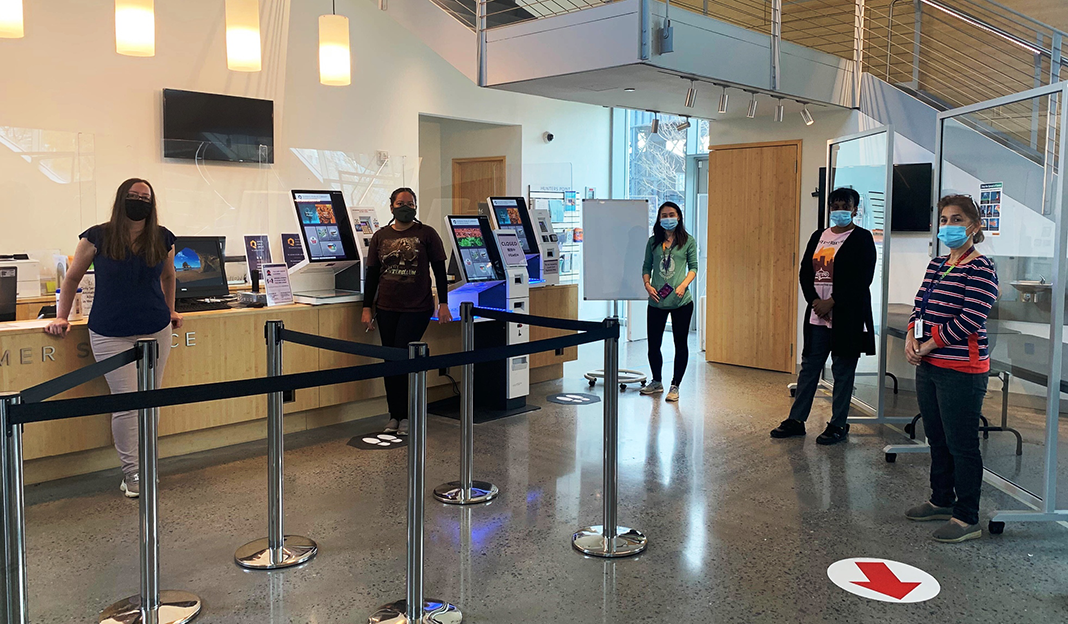
We stepped cautiously back into seven of our branches on July 13 to provide to-go service, with nine additional branches serving as fulfillment centers, an enormous undertaking that involved nearly every department of the Library. Our leadership, legal, risk management and health and safety teams developed and implemented safety protocols in consultation with our union partners that were informed by the recommendations and guidance of leading public health experts. Our purchasing, capital, custodial, maintenance and shipping teams worked closely together to reconfigure workplaces, install safety barriers, maintain ventilation systems, clean our buildings and fully stock them with PPE and hand sanitizers. Our Information Technology & Development department helped launch the health and safety questionnaire that must be completed by every employee or visitor before they enter any QPL location and ordered 350 book bins to quarantine materials once they are returned. Our marketing and communications teams worked to ensure that all members of the staff and public would be able to understand and adhere to the new protocols. And our public service, custodial, and security staff entered this new world of to-go service, with dedication and fortitude.
Through the summer and fall, we gradually opened more branches for to-go service, bringing the total number to 35. Even though many of our locations are currently closed for library service, the public knows it can count on us to alleviate the hardship brought on by the pandemic. We partnered with the City to transform Windsor Park, Kew Gardens Hills, Lefferts and Ozone Park into free coronavirus testing sites, where the public has received more than 27,000 tests since June, and to repurpose McGoldrick as a Learning Lab to provide support and enrichment for K-8 students while they are learning remotely rather than in school.
We proved to be a reliable partner with the City for other reasons as well, offering our branches as cooling sites over the summer and as polling sites for the June primary and Election Day. As vital as these uses are to our communities, we know that people also want and need us to fully reopen.
While it remains unclear when that can happen, we will continue to adapt and develop creative approaches to meet our communities’ needs, such as remote printing, which allows cardholders to submit printing requests from their own devices for pickup at one of our open locations. In addition, we introduced the new Queens Public Library app, making it easier to request materials and download content including books, music, and magazines.
Despite the predictions for a difficult winter as a result of the ongoing pandemic, the Library has much to look forward to in 2021. Early in the year, we will be kicking off the first of several celebrations and events to mark the 125th anniversary of the founding of Queens Public Library and its many contributions to the borough of Queens and the City of New York.
In addition, we expect to reach several milestones with our major capital projects later in the year. According to the most recent projections of the City’s Department of Design and Construction, the new Far Rockaway building, the renovations of Glendale and Steinway and the addition of an ADA compliant entranceway to Sunnyside are scheduled to be substantially completed.
With a coronavirus vaccine in sight for the general public, I am hopeful that this year we will be able to reopen more libraries, expand programs and services and do our part to help the borough’s residents and businesses recover and rebuild. It will not be simple or easy, and we will be prepared to adjust as needed, especially with the arrival of the new, highly contagious coronavirus variant in the U.S. and the likelihood that the pandemic will get worse before it gets better. But if we remain vigilant about protecting ourselves and others, if we take care of ourselves and one another and if we stay true to our mission, we will emerge from this unprecedented time in our history stronger than ever.
I am grateful to our incredible and dedicated staff, Board members, government partners, elected officials, non-profit partners, Friends of the Library, volunteers, donors and customers for making Queens Public Library what it is, and I look forward to the new year with you. I wish you and your loved ones my very best for a happy, healthy and safe 2021.
Dennis M. Walcott
President and CEO

